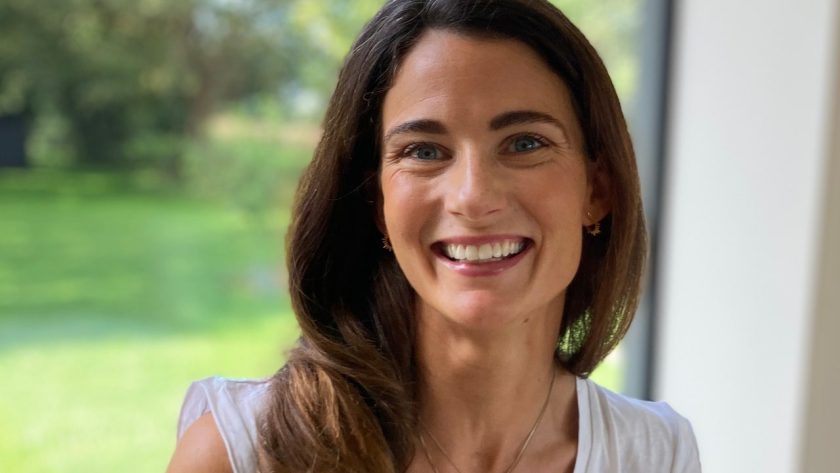In the United States, about 10,000 children are diagnosed each year with cancer. Across the globe the number experiencing childhood cancer rises to 400,000. And, as the author Rebecca Smith points out, for “for every child that is diagnosed there are many more children whose lives are impacted—friends, siblings, children in the playground.” Cancer has a malicious ripple effect, one that is unlikely to leave most children unscathed, even if they are not directly and personally affected by it.
“When a child has cancer it is not only the child with cancer who is fearful,” Smith, a former teacher, says. “Friends, kids in the playground, passers by in the street might see a child without their hair and be scared and uncertain how to talk to that child. Do they ask about their illness? When kids are frightened they can often respond by being mean.”
But cancer is not a topic that children are often given the opportunity to discuss, although Smith, with the publication of her new book, Super Daisy (which publishes tomorrow) is out to change. The story is inspired by her real-life god-daughter who was diagnosed at the age of two with a rare form of childhood cancer, and it tells of a magical wig that transforms Daisy’s outlook on her own battle. While Daisy’s cheery and singular personality shines on each page of Super Daisy, the character herself is more of a universal avatar: “Daisy represents many children who find the most extraordinary inner strength whilst facing the injustice of childhood cancer.”
Just before the publication of Super Daisy, I spoke with Smith about what she hopes the book might accomplish.
Tell me a little bit about how this book was born? Who is Daisy?
Shortly after her 2nd birthday my Goddaughter, Daisy—also my daughter’s best friend—was diagnosed with Langerhans Cell Hystiocytosis, a rare form of cancer. Daisy had been seriously ill for months, unable to keep food down and failing to thrive. In those months she underwent countless tests for allergies and stomach complaints, but nothing added up.
I remember visiting the family on Halloween 2015. All our kids are friends—my two, Daisy, and her two older siblings. They played happily and Daisy was sparky and mischievous, but she was also thin, restless, exhausted, and desperately hungry. I remember her asking for porridge and snacks—by this point her diet was limited as allergens were being ruled out—but anything she ate she threw up. It makes me tearful to remember that evening. We all knew something was terribly wrong. Daisy’s mother, one of my closest friends, was beside herself. The next day they visited the consultant and Daisy’s mum asked, “when is the right moment to call an ambulance?” They admitted Daisy to Great Ormond Street Hospital, London that day.



